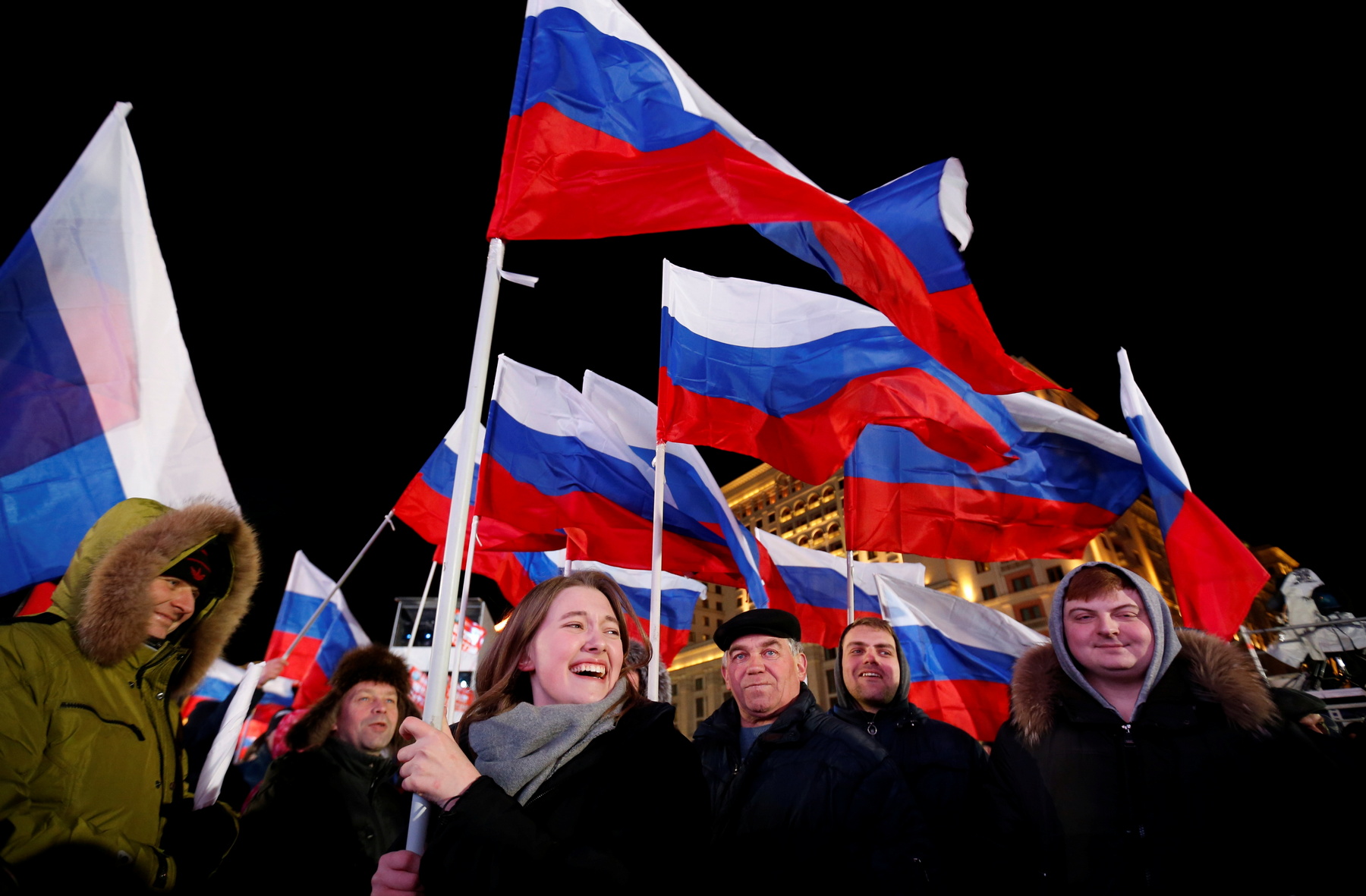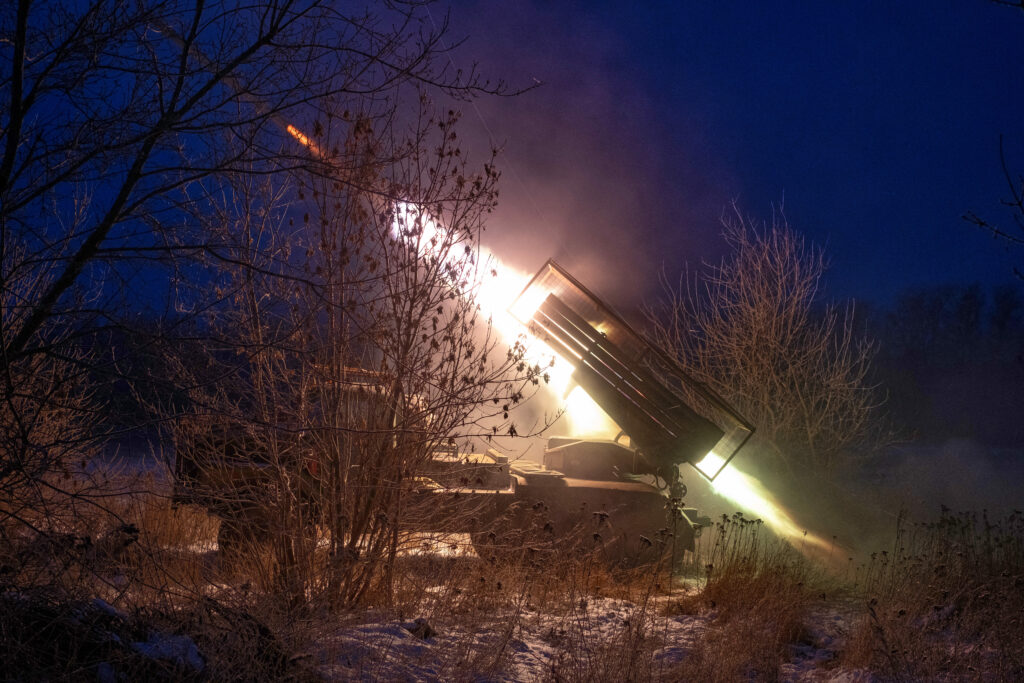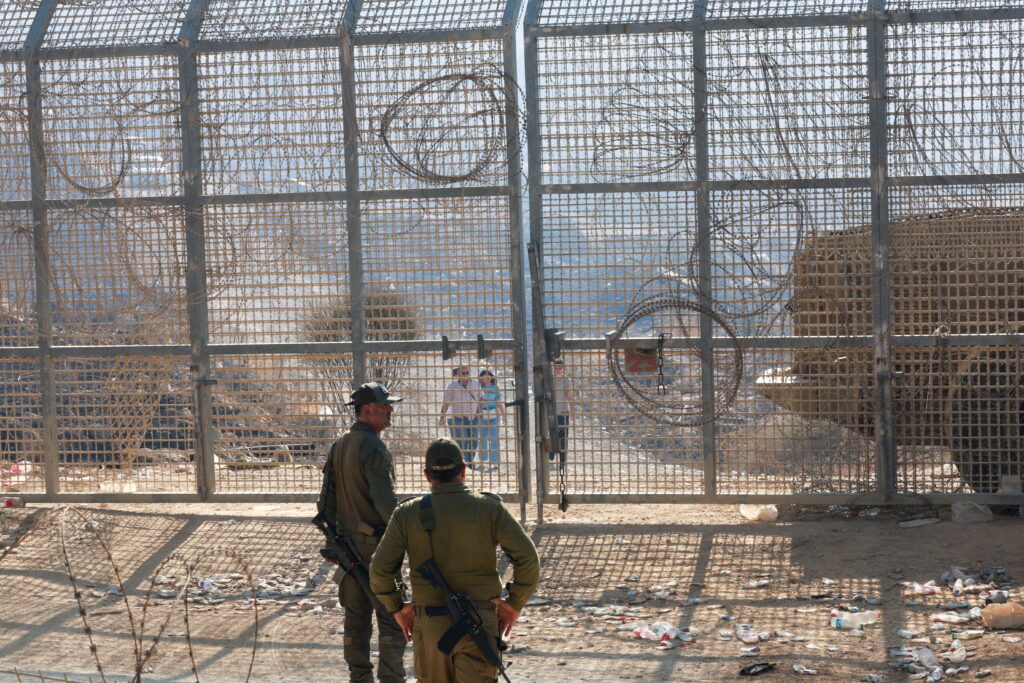Some time ago, it was possible to describe the Russian regime as «competitive authoritarianism,» thereby highlighting that, despite its authoritarian nature, it still permitted open competition and some sort of public policy in certain political arenas. A total of five such arenas can be named: electoral, legislative, media, the civil society and the rule of law. For many years now, there have been no grounds to call the Russian regime «competitive» in this sense because we are dealing with a plain dictatorship, so any other adjectives would be superfluous. Nevertheless, I will use this approach for the sake of convenience in order to summarise the outcomes of last year and highlight the trends emerging on the eve of 2022.
Ordinary authoritarianism
The year 2021 was bursting with events that further strengthened the personalist dictatorship. Steps were taken in all the key political arenas to consolidate the status quo and petrify the regime even further.
Additional «safety cords» such as electronic voting and the three-day voting system have been established in the electoral field, enabling a correction of undesirable results without attracting too much attention. New additions to the electoral law eliminated the passive voting rights for any candidates with ties outside the country, including forced political migrants. Once Alexei Navalny’s structures were labelled as extremist, this definitively removed the remnants of the organised non-coopted opposition from the legal field.
The legislative arena has been controlled for almost a year and a half now, with parliamentary structures generally working as an instrument of co-optation and reward for political loyalty. The new «Act on Public Authorities» enables pressure on individual MPs and severely restricts meetings with voters, thus undermining the remnants of autonomy for MPs elected from single-member constituencies. Even «New People» should be viewed as a project based on political technology, aimed at inexperienced citizens. The Communist Party (CPRF) and Just Russia have been «shifted» in the name of this project but its members have no meaningful connection with their respective constituencies. No resistance from the MPs has been observed, except for a single protest by the CPRF against «QR-fascism» (i.e. the forced introduction of QR-codes at the level of federal legislation, a draft bill which was subsequently rejected by the President as unpopular).
Independent media suffered more than anyone else during the past year because of the Kremlin’s desire to have full control over any information flows that could potentially cast a shadow over its reputation. Investigative journalism and data-based journalism were particularly affected since journalists’ investigations became the most effective way of disseminating information about the assets of top politicians and officials over the past few years, attracting record audiences in social media. According to Levada Centre, the «Palace for Putin» investigation conducted by FBK (Navalny’s Anti-Corruption Foundation) was viewed by 26% of Russians within a month after its release. The label of «a foreign agent,» apart from reputational costs, has deprived many independent media outlets of financial support, casting a blow even on those that were not directly linked to the political sphere. Measures to restrict freedom of speech were introduced under the guise of protecting the country’s sovereignty from foreign interference. The image of a besieged fortress and fear-mongering centred on «the West» (a long-term trend originating back in 2014) were still maintained by government-controlled media. Thus, 2021 can definitely be considered a year when freedom of speech was ultimately over and done with.
Finally, there has not been enough time to establish the autonomy of the courts after perestroika, and courts were being turned into an instrument of political persecution as autocratisation ensued. Last year, a number of measures were introduced to ensure additional legal protection for people working for law enforcement agencies, primarily through the «Act on Personal Data Protection.» This measure offers legal ways to conceal information about employees of the National Guard of Russia, the Federal Security Service (FSB), the Ministry of Interior and other agencies in order to prevent public disclosure of human rights abuses and potential persecution. Anonymisation and protection of the perpetrators of punitive operations reduces the cost of repressive actions and strengthens the position of security forces. As the past year abounded in bad news, this aspect has escaped the view somewhat.
Speaking of the possible trajectories for the political regime in 2022, we are highly unlikely to see a radical change in the trends towards further autocratisation or unexpected deviations from the current trends. The return of Alexei Navalny to Russia in January 2021 triggered a new round of political repression, taking its scale to a whole new level. When the economic situation deteriorates, repression is always on the rise. Moreover, stepping up repression is a relatively cheap way to consolidate power in the short run. In the long run, however, attempts to flirt with the security forces entail problems for the dictators themselves. Political economist Ronald Wintrobe wrote about this phenomenon more than two decades ago, describing the most common types of dictatorships.
On the quest for sources of political support
Excessive reliance on force can hardly enhance the legitimacy of the regime because outright violence always entails reputational and infrastructural costs, and it becomes difficult to exercise governance without any support. Suffice it to recall the regime in neighbouring Belarus, which is essentially being maintained «by the bayonets» and has no support at all. For this very reason, it is quite likely that 2022 will be proclaimed a year of search for new sources of legitimacy. Put simply, there will be a quest for new ways to make people fear and, moreover, to make them love the ruler, to recall the popular phrase by Niccolò Machiavelli.
Effective fight against the pandemic, quite unfortunately for public health, has not and will not become a source of growing political support because of the low degree of support for institutions before COVID. In the face of flourishing conspiracy theories, deliberate anti-pandemic efforts become toxic for the Kremlin’s image. Only countries that had credible public institutions before the pandemic managed to build on this resource after the outbreak. Even the invention of Russia’s own vaccine did not boost the sense of national pride. Thus, the sources to fuel political support are few: economic growth and … pride in the Motherland.
The former source is fraught with many problems: the Russian economy remains in recession, with rising inflation and a steady decline of people’s incomes. Even if the government and the Central Bank pursued the most competent of policies, they would be unlikely to generate impressive instant results that would immediately boost confidence in the president and the regime as a whole. However, attempts to play the patriotic card seem to be back again. The increased tension alongside the Russian-Ukrainian border, with the demonstrative accumulation of military equipment and personnel, is the main event at the start of 2022. Since all key decisions in personalist regimes are made by virtually one person, any guesses about the likelihood of conflict with Ukraine are, in a way, like trying to read Putin’s mind and figure out what his spontaneous wishes might be. Nevertheless, we can still speculate about the prospects of support from the citizens since we have some polling data from various agencies at hand. Overall, the level of distrust towards the government remains high, although this figure has dropped somewhat since the start of the pandemic: 64.9% in the summer of 2020, 64.5% in the spring of 2021 and 62.6% in the autumn 2021. Are we likely to see the return of the «Teflon rating» as was the case after Crimea?
Looking for respect
On 23 January, during his visit to India, the German Navy Chief stated that Putin only wanted the West to respect him and that he had already earned respect. Although the author of this quote has now resigned, there is a great deal of truth in his words: not that Putin has earned respect but that he desires to be respected. However, it is not really about the president (he would hardly be satisfied with a rhetorical confession), but about the fact that such respect has long been desired by a significant proportion of Russian citizens. In all appearances, this desire has been almost as strong as the demand for economic prosperity. The demand for dignity has been brewing since the 1990s, while the Crimean events generally satisfied the hunger for dignity and respect among a proportion of citizens. According to research by Eduard Ponarin and his colleagues from the Higher School of Economics in Moscow, the sense of subjective well-being increased significantly after 2014, despite the economic turmoil. This can partly be attributed to the sense of restored justice. It is also important to remember that the government-controlled media positioned the military campaign as a defensive action intended to protect the interests of the Russian-speaking population in Crimea. Since then, the rhetorical figure of «our people are being attacked» has worked quite successfully as justification. During the pandemic, the non-recognition of Sputnik V was perceived as discriminatory and unfair even by peacefully-minded citizens. The proportion of those who are proud of their country as a whole remains high in Russia, although a slight decline can be observed: 76.2% in 2020, 75.6% in 2021 and 74% on the eve of 2022.
Has the demand for respect persisted after the pandemic? And how justified are the expectations to see a new wave of «rallying around the flag»? Clearly, the resources available to mobilise euphoria are much more scarce now than eight years ago.
First of all, apart from the patriotic euphoria, the Crimea has brought about war, economic costs and, finally, human victims. Secondly, no population can remain in a state of uninterrupted patriotic elation for eight years. Thirdly, the abundance of negativity and information noise causes nothing but stress among apolitical citizens. Finally, the pension reform has sobered up loyal citizens. In the subsequent years, the regime demonstrated its repressive capacity and showed that there are virtually no limits to political violence. All of these factors have impacted different groups of citizens to varying degrees, but on the whole they have not resulted in any further increase in support or legitimacy.
According to the «Values in Crisis» online panel survey, the proportion of respondents who considered the fight against price increases as a key priority rose from 31% in June 2020 to 43% on the eve of 2022. The share of those who are most concerned about maintaining order in the country declined slightly from 21% to 18% over the same period. The percentage of those who think that being able to influence political decisions is a priority fell from 42% to 34%. Finally, freedom of speech was of concern to only 5% of those polled at the end of 2021, with nearly 6% in the summer of 2020. Thus, the demand to fight shrinking incomes and rising prices has been slowly increasing, the desire to see political change also remains important but seems to have lost some of its relevance in the context of economic problems. Finally, over the course of the pandemic, the median of those in favour of cooperative solutions to domestic problems versus those favouring single-handed solutions increased from 3 to 4 points on a scale from 1 to 10. Despite the positive trend, the orientation towards international cooperation is still very low.
Overall, the level of negative expectations for 2022 is increasing, but largely focused on anxiety around the economic situation and the pandemic rather than on an escalation of conflict with one of the neighbouring countries. For example, 63% of the respondents in a Levada Center poll anticipate an economic crisis, up from 49% last year. At the same time, the share of those who consider such a conflict likely has risen from 23% to 37%. Economic prosperity is of greatest concern to Russians and unease around this issue is likely to grow. People are certainly much less interested in geopolitical issues or the demand for national pride.
It cannot be ruled out that a consolidation of patriotic feelings can be expected if the situation escalates, but there is reason to believe that the impact will be much weaker, the share of those who desire forceful action is likely to be extremely small, and fatigue caused by extraordinary incidents will cause patriotic rage to fade much more rapidly than in 2014. Another question is whether the escalation of conflicts in foreign policy is dictated by domestic politics and by the desire to hide an openly repressive regime behind draperies. The aggravated situation may well have underlying motives other than the search for additional sources of legitimacy, for instance the interests of the security forces and, last but not least, the banal desire to make history and satisfy imperial ambitions.










